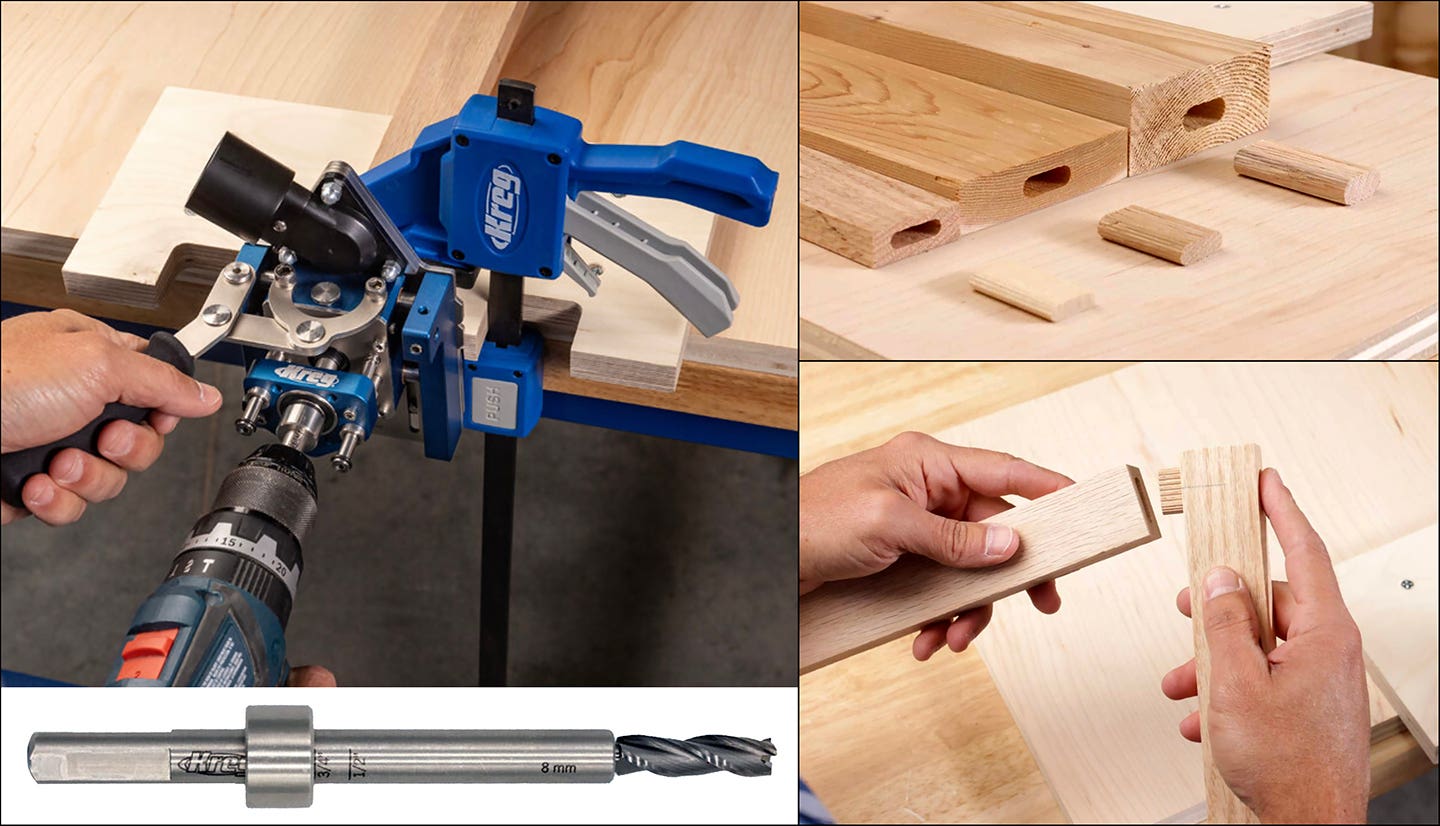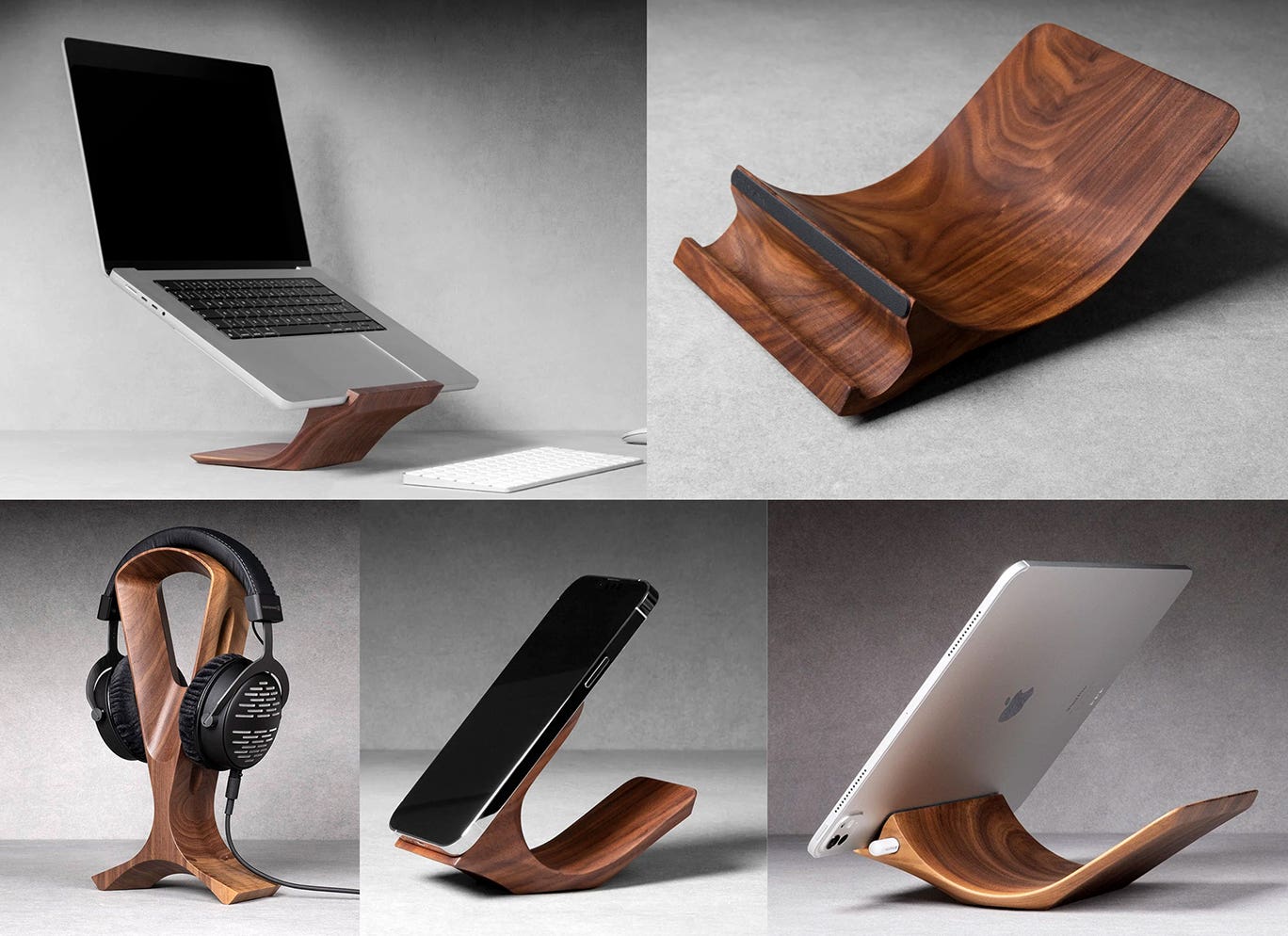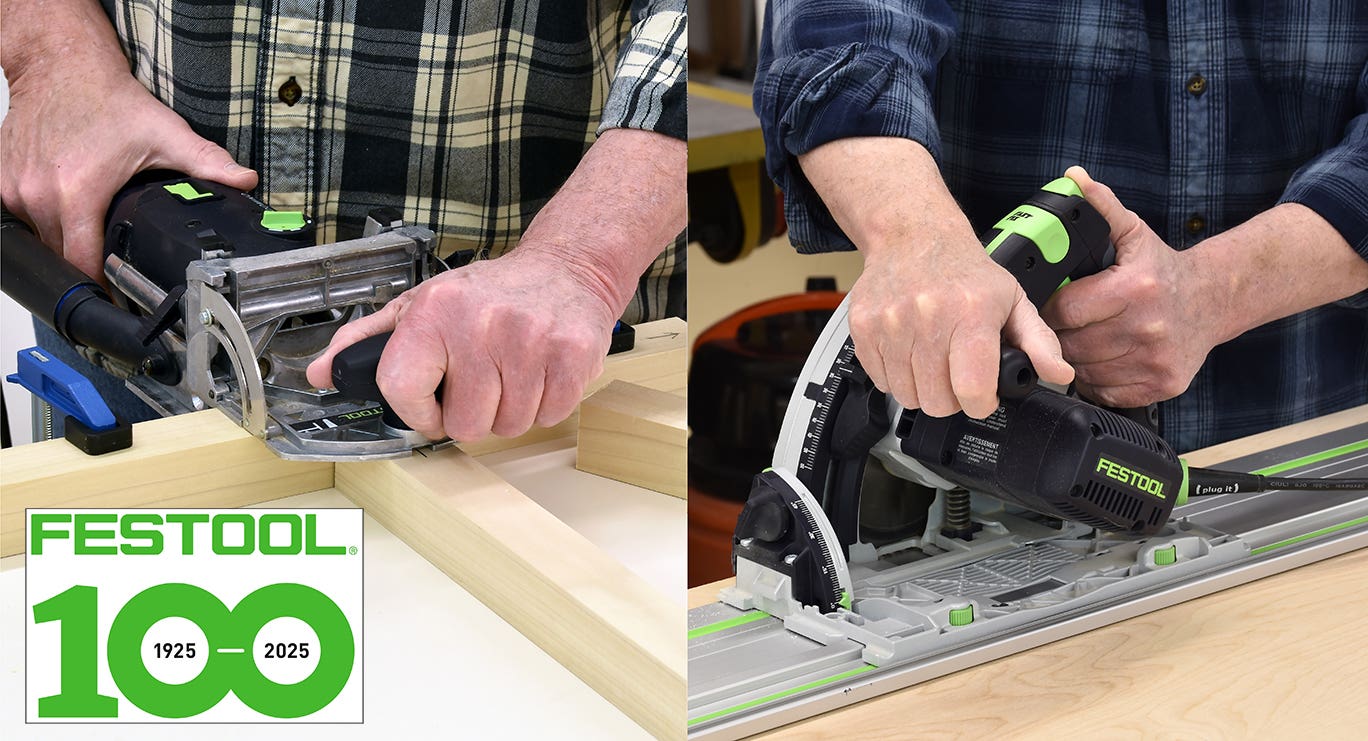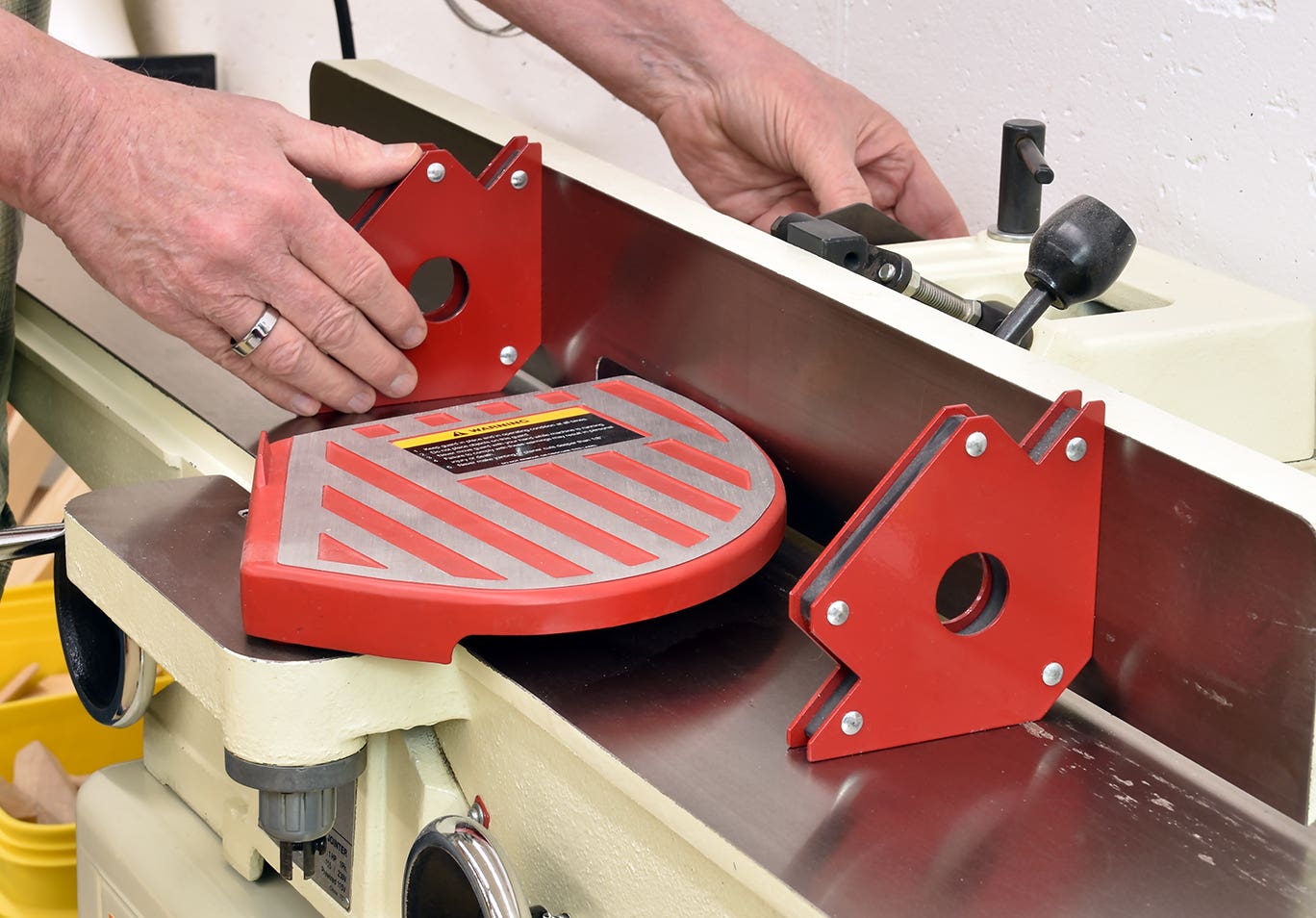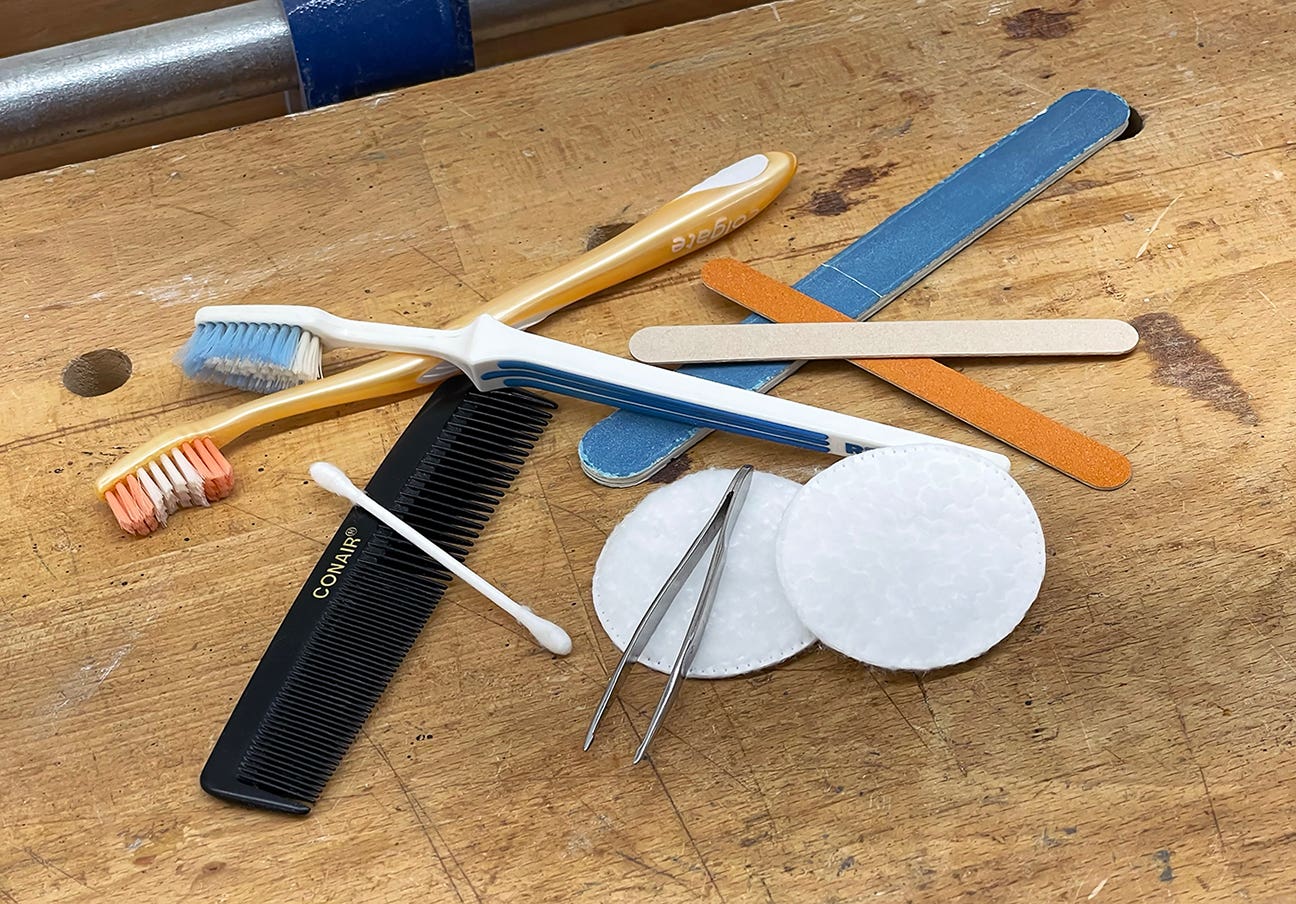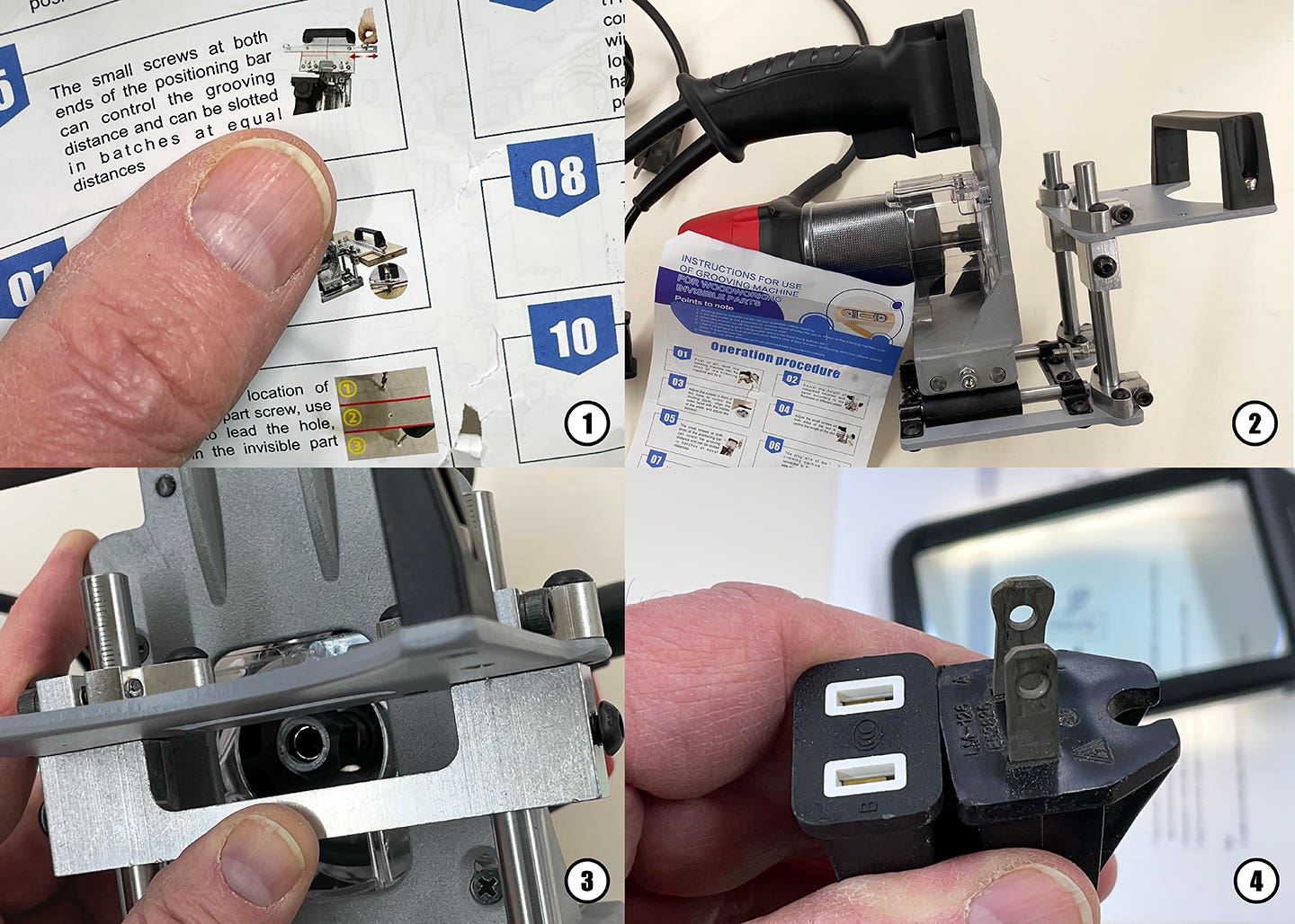Tax man cometh with deductions for you
Imagine an enjoyable and educational vacation with Uncle Sam, in the form of our tax laws, picking up part of the tab. That’s right, every woodworking business, the owner and…
Imagine an enjoyable and educational vacation with Uncle Sam, in the form of our tax laws, picking up part of the tab. That’s right, every woodworking business, the owner and employees of that business (even someone who is a shareholder/employee), can legitimately claim an income tax deduction for the expenses paid or incurred in attending trade shows, conventions and meetings.
Naturally, there are restrictions.
The Internal Revenue Service recently updated the rules for deducting the expenses incurred while at events such as the two major woodworking machinery shows, IWF and AWFS. In addition to new, higher “per-diem” figures, the revised guidelines outline an optional method under which both self-employed woodworking professionals and employees who are not reimbursed, can utilize the per-diem allowances.
Fortunately, thanks to our tax laws, the government will pick up the tab for a sizable portion of your expenses while attending a trade show or convention — if you follow the rules. Usually all that is required for convention-related tax deductions is that you be able to show, if asked, that attendance benefited your woodworking business.
Deducting essentials
The expenses incurred while traveling to the site of that convention, trade show or event are, as mentioned, tax deductible. Tax-deductible travel expenses include such expenditures as the cost of traveling by plane, train, bus or car between your home and the site of the meeting, convention or trade show. Also included are the expenses of taxis, commuter bus and airport limousines, baggage and shipping costs for samples or display materials, lodging and meals, cleaning, telephone and even tips. And, of course, the costs associated with attending the convention itself.
Expensing meals
Part of the fun associated with attending a trade show or convention is often the meals. Well, maybe not the meals themselves. But the fact that those meals offer a woodworking professional the opportunity to entertain prospective customers or even potential suppliers certainly seems to make them more enjoyable. Even when those convention-related meals do not involve entertainment, the tax deduction for meal expenses frequently makes them taste better.
Unfortunately, when it comes to meals, the tax rules contain quite a few restrictions as well as a number of loopholes. Generally, expenses for meals include all amounts spent for food, beverages, taxes and related tips. However, the tax deduction for meals is labeled by the IRS as “entertainment” and is generally limited to only 50 percent of the amount actually spent.
Under the tax rules, those woodworking professionals attending a trade show or convention that are away from home overnight, are permitted to use either the actual cost of the meals or a standard amount to compute the tax deduction for convention-related meals. If you, as an individual, are reimbursed for those expenses, how you apply the 50 percent limit depends on whether your employer’s reimbursement plan was accountable or non-accountable.
Bringing company
Should any attendee’s spouse, family members or others accompany them to a trade show or convention, either the attendee or his or her woodworking business can deduct their travel expenses. But only if that individual is an employee of the business; has a bona fide business purpose for the trip; and would otherwise be allowed to deduct those convention expenses
In order for a bona fide business purpose to exist, the woodworking professional or shop must prove a real business purpose for the individual’s presence. Incidental services, such as typing notes or assisting in entertaining customers, is no longer enough.
Consider a woodworking business owner, Michael, who along with his wife, Mary, drove to Chicago to attend a convention. Mary is not Michael’s employee. And even if her presence serves a bona fide purpose, her expenses will not be tax deductible.
Michael pays $115 per night for a double room. A single room costs $90 per night. He can deduct the total cost of driving his car to and from Chicago, but only $90 per night for his hotel room. If he uses public transportation, he can deduct only his fare.
As mentioned, as an alternative to the actual cost method, self-employed business owners, as well as employees, are allowed to deduct a standard amount, a so-called “per-diem allowance” for their daily meals and incidental expenses while attending a convention.
However, even when this standard meal allowance is used, records must be maintained proving the time, place and business purpose of any travel or convention attendance. Unfortunately, if your employer is related or is an incorporated woodworking business in which you are more than a 10 percent shareholder the standard meal allowance can’t be used.
The standard meal allowance is the official Federal Meals and Incidental Expense (M&IE) rate. After Oct. 1, 2007, the standard meal allowance has ranged between $45 and $58 per day for most areas of the United States. Maximum per-diem rate, including lodging, varied between $152 and $237 per day during the last quarter of 2007 and into 2008. Figures for the last portion of 2008 may change later in the fall.
Options for the non-reimbursed
The IRS’s new revenue procedure provides an optional method for self-employed woodworking professionals, as well as employees who are not reimbursed, to use in computing the deductible costs paid or incurred for business meal and incidental expenses. The optional method also covers incidental expenses only if no meal costs are paid or incurred while traveling away from home.
Incidental expenses means fees and tips given to porters, baggage carriers, bellhops, hotel maids, transportation between places of lodging or business and places where the convention, trade show or meeting is held or meals taken.
In lieu of using actual expenses in computing allowable incidental expenses paid while away from home, employees and self-employed individuals who do not pay or incur meal expenses may use an amount computed at the rate of $3 per day. Thus, while attending a convention or trade show under an all-inclusive plan where meals are included, employees and self-employed woodworking professionals may claim a legitimate tax deduction for incidental expenses of $3 per day without the need of substantiating that claimed amount.
Further convention enjoyment
The tax rules clearly state that all travel expenses are tax deductible if the trip to the convention or trade show was entirely business-related. Suppose, however that an attendee decides to combine that trade show attendance with a vacation?
So long as the trip is “primarily” for business purposes and, while at the convention or trade show, you extended your stay for a vacation, made a non-business side trip or had other non-business activities, you may still deduct your business-related travel expenses. Among the expenses directly related to attending a trade show or convention are such things as the travel costs of getting to and from the convention destination and any business-related expenses at that destination.
If, however, the trip was primarily for personal reasons, such as a vacation, the entire cost of the trip is a non-deductible personal expense. Naturally, you can deduct all expenses incurred while at your destination that are directly related to attendance at the trade show or convention.
Backing it up
In order to claim any tax deductions, every shop owner and woodworking professional must be able to prove that the expenses were actually paid or incurred. In fact, the following expenses, which have been deemed by the IRS as particularly susceptible to abuse, must generally be substantiated with adequate records or sufficient corroborating evidence: expenses with respect to travel away from home (including meals and lodging), entertainment expenses and business gifts.
Meals and incidental expenses while away from home on business, especially those related to attending a trade show or convention are a legitimate tax deduction — either the actual amounts spent or the standard M&IE rate provided by the government. Remember, however, although the actual amount of the deduction can be taken from tables provided by the IRS, it remains necessary to prove (through adequate records or sufficient corroborative evidence) the time, place and business purpose of the convention travel.
Mark E. Battersby is a freelance tax and financial writer based in Ardmore, Pa.


